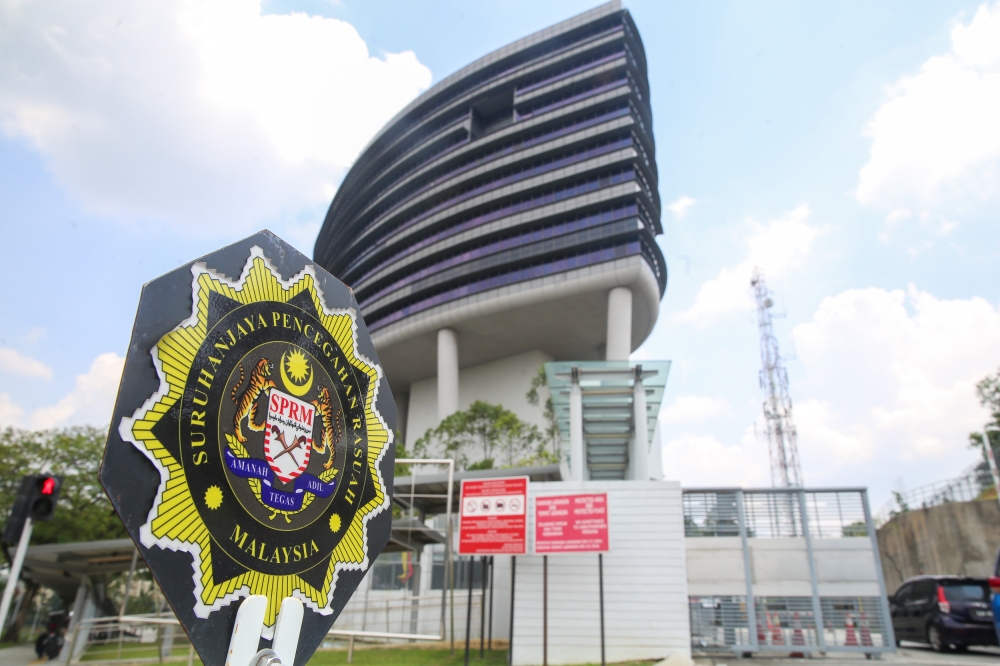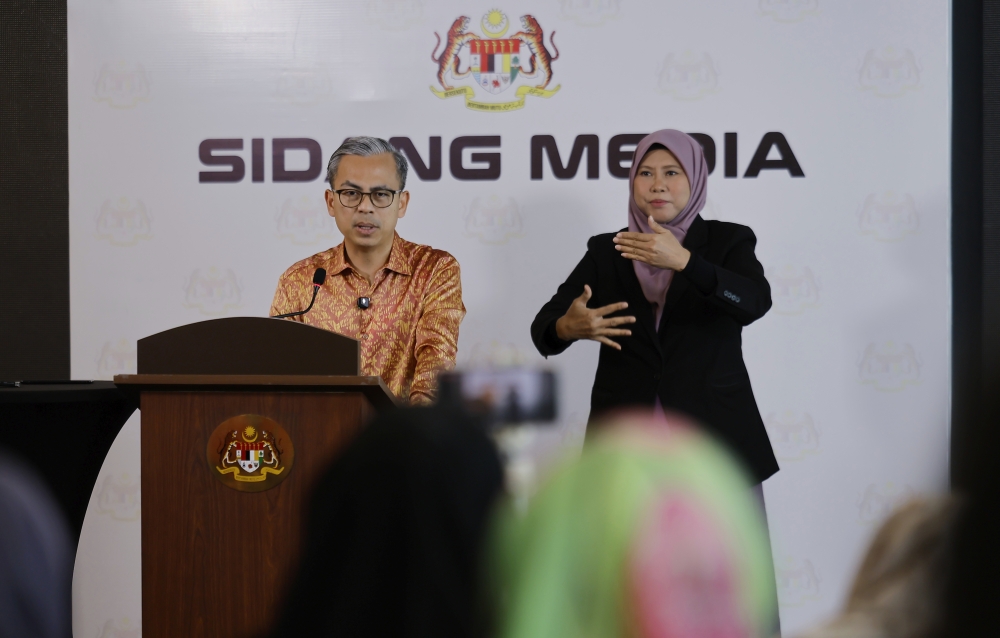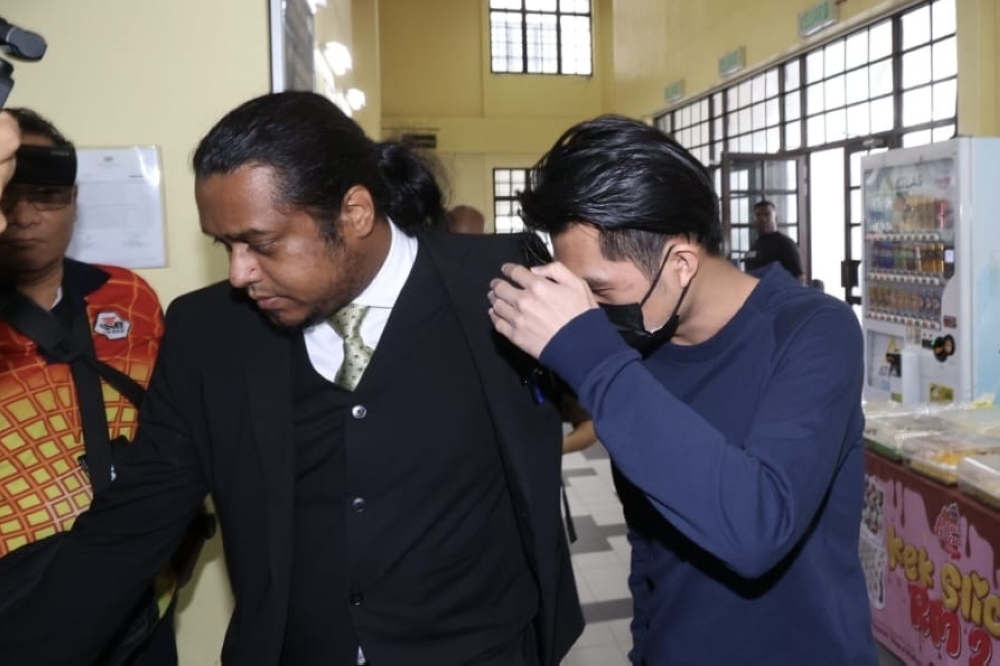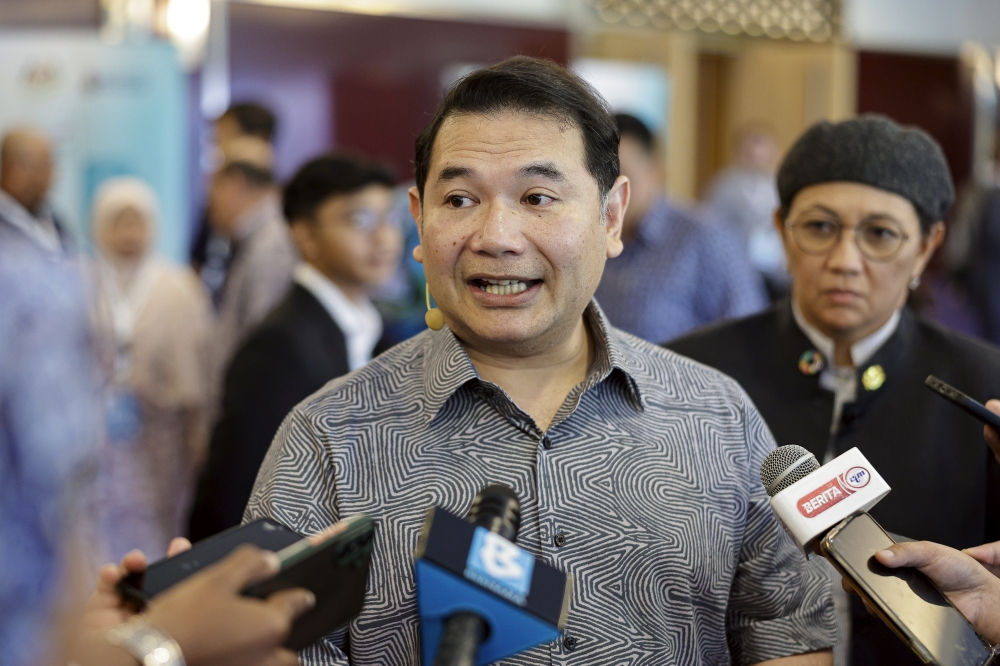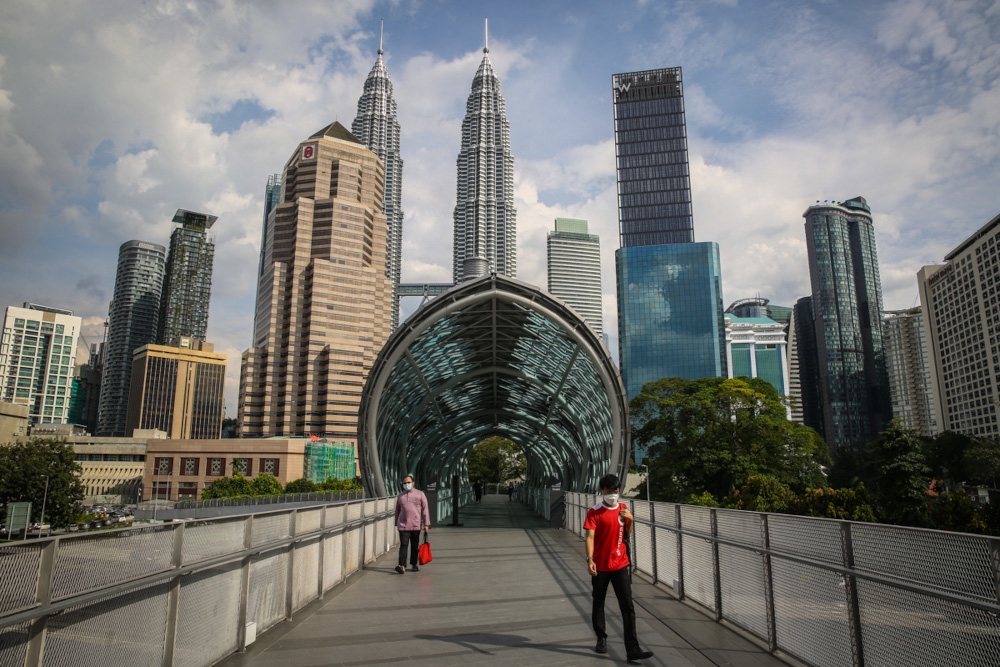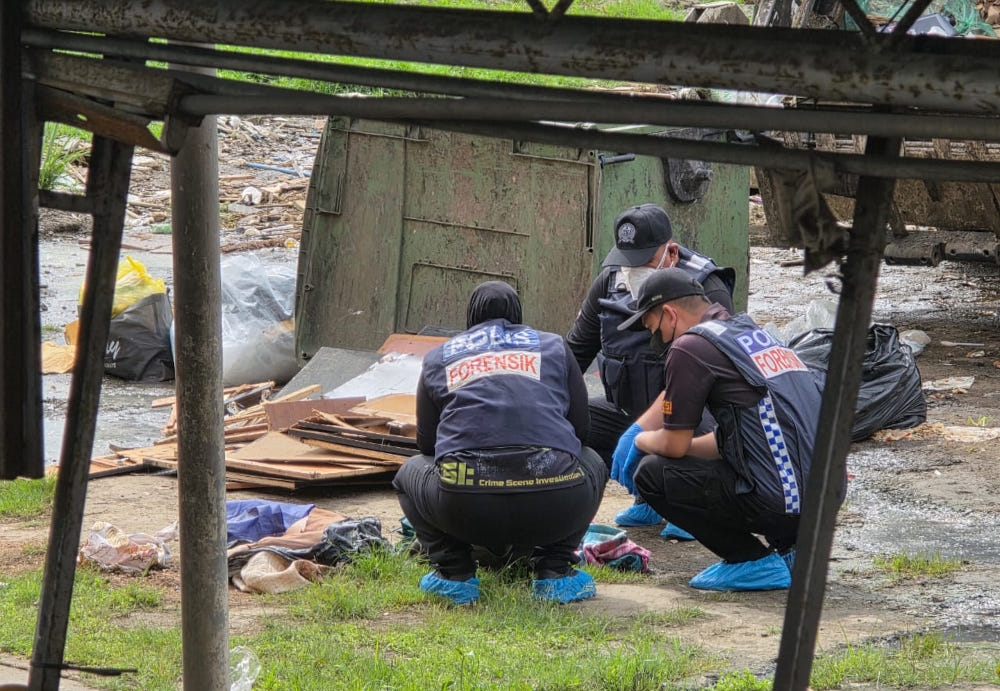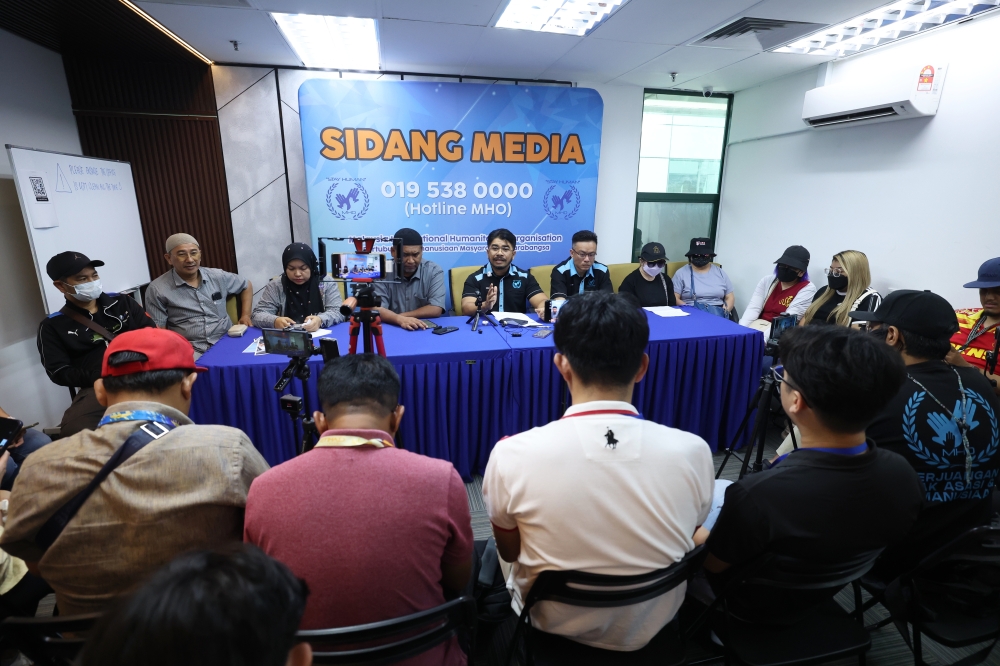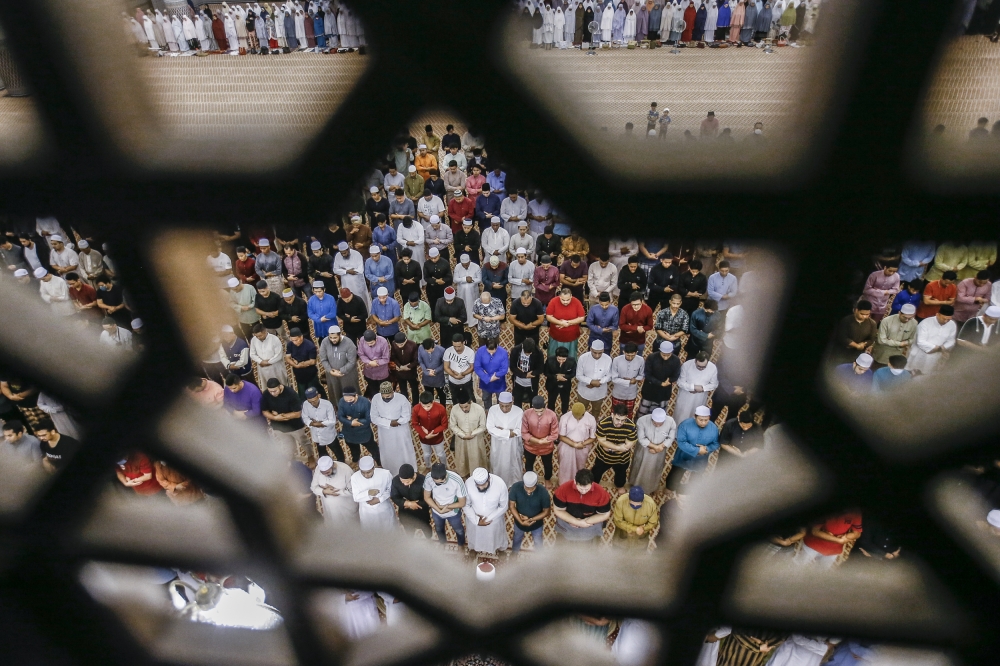MAY 3 — Earlier last month, I attended an intercultural and inter-religious dialogue for youth organised by Komuniti Muslim Universal (KMU) where the focus was on emulating the spirit of the Marrakesh Declaration.
Where the Amman Message calls for intra-Muslim peace, the Marrakesh Declaration calls for inter-religious peace.
The declaration was issued by Muslim leaders on January 2016 in Marrakesh, Morocco at a conference where more than 250 Muslim religious leaders, heads of state, and scholars attended alongside representatives of persecuted religious communities from various countries.
The declaration can be said to be a “modern update” of the Charter of Medina, a constitutional contract between the Prophet and the people of Medina that guaranteed religious liberty for all, regardless of faith.
It also included rights such as freedom of movement, property ownership, mutual solidarity and defence, as well as principles of justice and equality before the law.
The Marrakesh Declaration acknowledges that many non-Muslims in predominantly Muslim countries have faced affronts to their fundamental human rights, also highlighting that “in these lands where the government’s central authority is weak, fading, or failing, the Muslim majority, in reality, is often no better off than the religious minorities.”
It calls for examination and study of the primary sources of Islamic Law, bearing in mind the context of their revelation, weighing the benefits and harms, and using the example of the Rightly-Guided Caliphs.
Besides that, it also calls for the using of the Charter of Medina to provide the basis for a model of citizenship where everyone under its authority is one, cohesive, unified polity with all of its citizens enjoying equal rights and having the same duties.
It’s clear from here that peace has been the agenda for many Muslim scholars. However, we know that no amount of promises or declarations will work if there is no political will to see it through.
It is not enough to just agree — we also need to do. But are Muslims willing to compromise?
Malay Muslims, or any Muslim for that matter, have always emphasised the importance of following the Quran and Sunnah, and we hold the highest respect for the Prophet (pbuh) always encouraging others to follow in his footsteps.
With the escalating religious friction in our country, we need to ask ourselves this: What would the Prophet do? How did the Prophet treat the other religions that coexisted with Islam during his time?
The integration of society is not a new message. It was highlighted and practised since centuries ago, and it is very significant in maintaining a peaceful coexistence in society.
The guidance left by the Prophet in the form of his speech and actions is sufficient for Muslims as well as non-Muslims all over the world to achieve real success in integrating society and peacefully living together.
What would the Prophet do in these times? Would he proselytise by discrediting another religion? Would he show the glory of Islam through a poem mocking Hindus? Would he tell Muslims that the only way for Islam to reign is by resisting co-operation with non-Muslims?
The fact that the Marrakesh Declaration was issued only last year goes to show that religious intolerance in predominantly Muslim countries is still a widespread problem up to this day.
Where did the spirit of Medina go? Will we try to do our part in achieving the objectives of the declaration?
Religious intolerance has no place in our world. Muslims should know that it has no place in Islam either.
* This is the personal opinion of the columnist.




